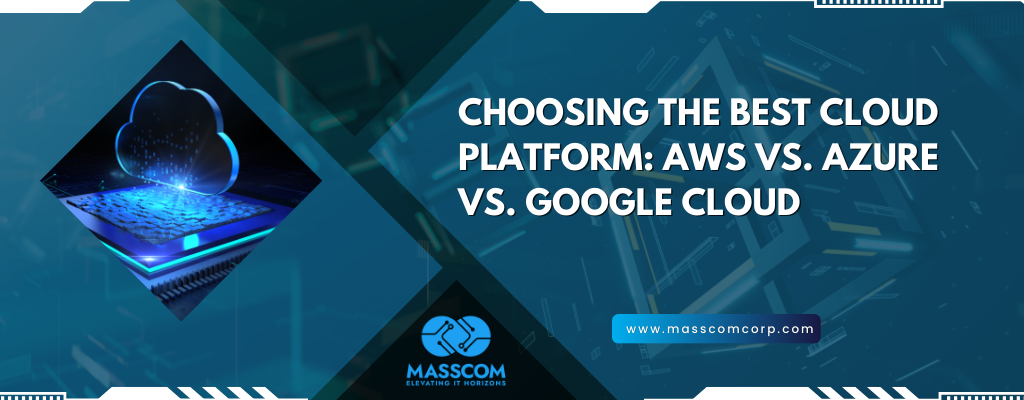As businesses increasingly shift to the cloud, choosing the right cloud provider is a critical decision. Amazon Web Services (AWS), Microsoft Azure, and Google Cloud Platform (GCP) are the three dominant players in the cloud computing space, each offering unique advantages. In this blog, we will compare these cloud giants across key factors to help you determine which one best fits your needs.
Market Share & Popularity
-
AWS: As the pioneer in cloud computing, AWS holds the largest market share, with a broad global presence and extensive customer base.
-
Microsoft Azure: A strong competitor, Azure benefits from deep integration with Microsoft products, making it a preferred choice for enterprises using Microsoft technologies.
-
Google Cloud: While smaller in market share compared to AWS and Azure, Google Cloud is rapidly growing, especially in AI, ML, and data analytics.
Pricing & Cost Management
-
AWS: Offers a pay-as-you-go model with volume discounts, but can be complex to navigate.
-
Azure: Similar pricing structure to AWS, with hybrid-friendly pricing models and discounts for existing Microsoft users.
-
Google Cloud: Generally perceived as more cost-effective, with sustained use discounts and better pricing for big data workloads.

Storage & Databases
-
AWS: Provides extensive storage options like S3, EBS, and Glacier, along with database services such as RDS, DynamoDB, and Redshift.
-
Azure: Offers Blob Storage, Azure Files, and Cosmos DB for scalable storage solutions.
-
Google Cloud: Features Cloud Storage and BigQuery, with strengths in handling massive datasets and analytics.
Security & Compliance
-
AWS: Provides industry-leading security features, including IAM, Shield, and GuardDuty.
-
Azure: Strong enterprise security tools like Azure Security Center and Advanced Threat Protection.
-
Google Cloud: Security-first approach with encryption by default and tools like Security Command Center.
Lets discuss your next project
AI, Machine Learning & Analytics
-
AWS: AI services like SageMaker and Lex, along with Redshift for analytics.
-
Azure: Azure AI and ML Studio cater to businesses integrating AI models.
-
Google Cloud: Leads in AI and ML with TensorFlow, AutoML, and BigQuery, making it ideal for data-intensive businesses.
Hybrid & Multi-Cloud Capabilities
-
AWS: AWS Outposts allow hybrid cloud deployment, but multi-cloud support is limited.
-
Azure: Best for hybrid cloud setups with Azure Arc and seamless on-premise integration.
-
Google Cloud: Strong multi-cloud capabilities via Anthos, enabling businesses to run workloads across different cloud environments.
Support & Ease of Use
-
AWS: Comprehensive documentation but can be complex for beginners.
-
Azure: Easier for enterprises familiar with Microsoft tools.
-
Google Cloud: Developer-friendly, with a straightforward interface and AI-powered support
Still unsure which cloud service is best for you? Masscom Corporation specializes in IT Operations, cloud consulting, and migration services to help you make the right choice.
Contact Us to discuss your cloud strategy today!


